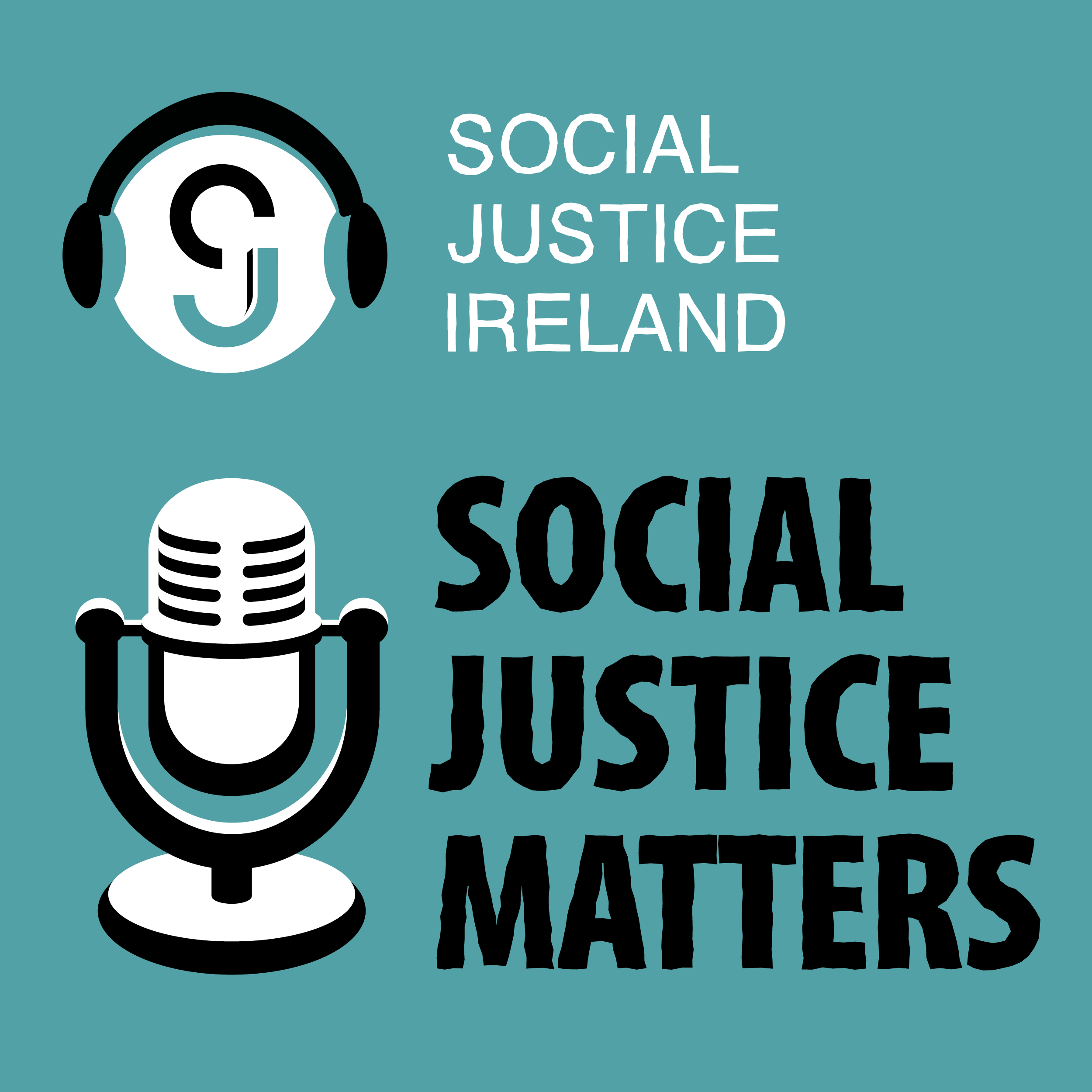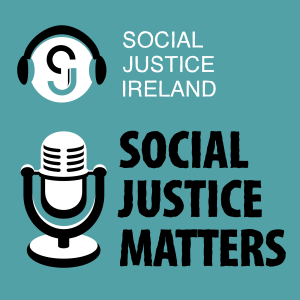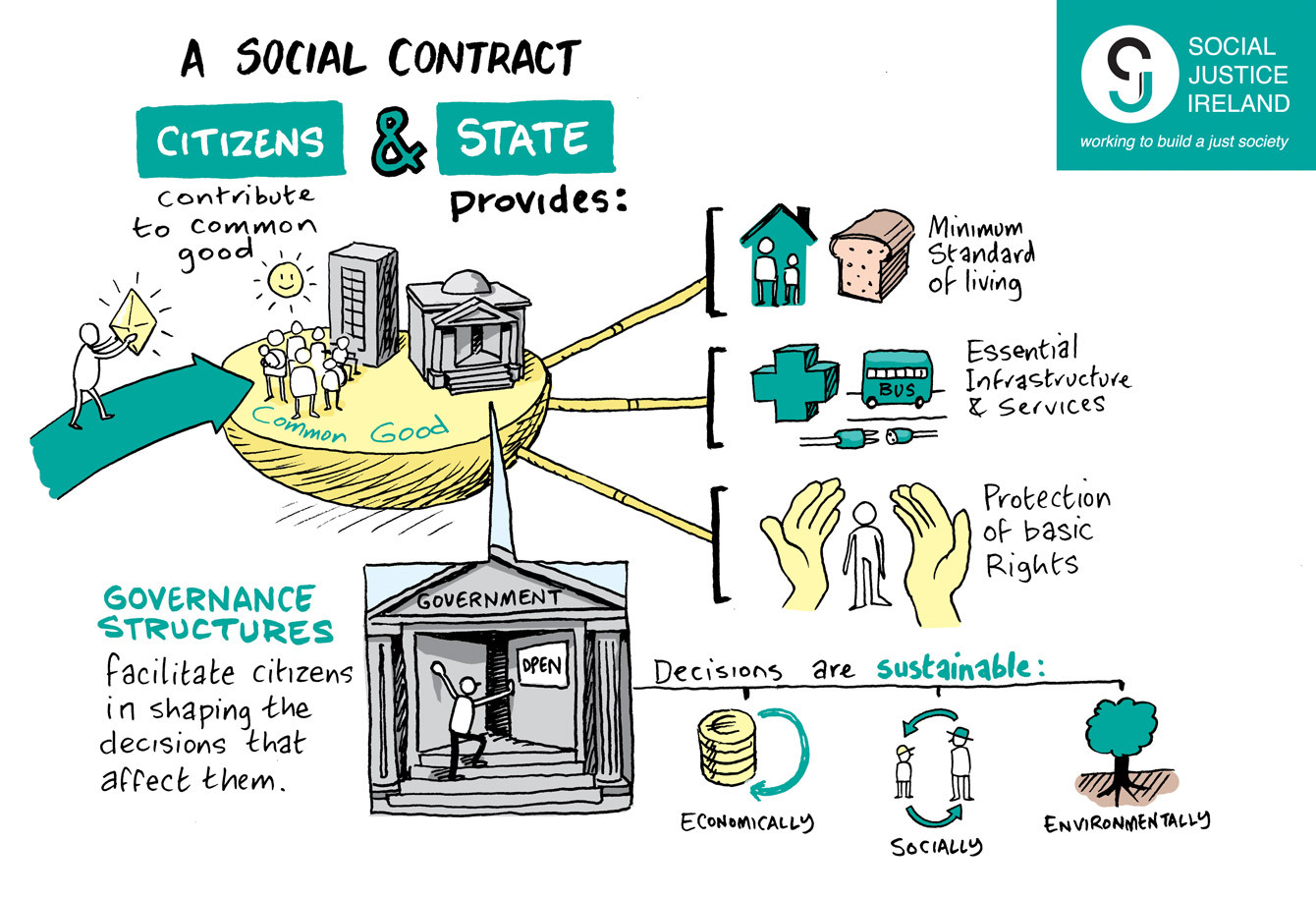
Social Justice Matters is a podcast from Social Justice Ireland. We are an independent justice advocacy think tank that advances the lives of people and communities through providing independent social analysis and effective policy development to create a sustainable future for every member of society and for societies as a whole.
Episodes

Thursday Dec 03, 2020
Thursday Dec 03, 2020
Philippe Pochet is General Director of the European Trade Union Institute (ETUI), Professor at the Université Catholique de Louvain (UCL) and associated researcher at the Interuniversity Research Centre on Globalization and Work (CRIMT, Montreal). Prior to becoming Director of the ETUI in 2008, he was Director of the Observatoire social européen (OSE) for 16 years.
He is interested at and has published extensively books and articles on European social and economic policies, European social dialogue and new forms of governance.
He is now working on the issues of impact of climate change and digitalisation on jobs and seeking how to combine the analysis of the big trends. Previously he had other temporary positions, such as invited Professor at the College of Bruges and invited scholar at the Faculté Universitaire Saint-Louis (FUSL), adjunct professor and visiting scholar at Griffith University (Brisbane). He was also visiting scholar at Berkeley University, at Montréal University, at the Max-Planck-Institut für Gesellschaftsforschung (Cologne), and at the Centre for European Studies, Harvard University, Cambridge (USA). In 2005, he was awarded an EU Fulbright-in-Residence grant at the University of Wisconsin-Madison (USA).
In his paper, presented at the Social Justice Ireland Annual Policy Conference on the 18th November 2020, Philippe discussed the fact that, at the European level, what the pandemic has cast doubt on is the very fundamentals of European integration. The main features of the European Union, what could be described as its “pillars”, are these: the single market and freedom of movement, the euro and the Stability and Growth Pact, and competition and state-aid law. We can already look ahead and see that the post-crisis EU could be standing on very different foundations if the questioning of the three basic pillars continues over time or, conversely, it could just as easily go back to its old ways. What will the world environment in which this happens be, though? Here, Philippe provides four possible scenarios emerging.
